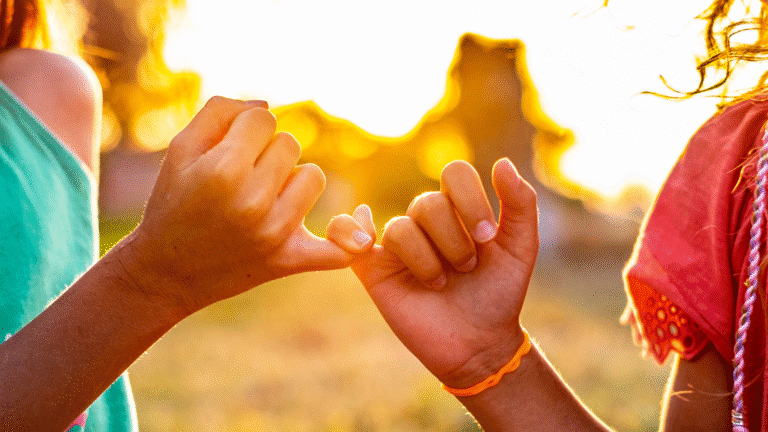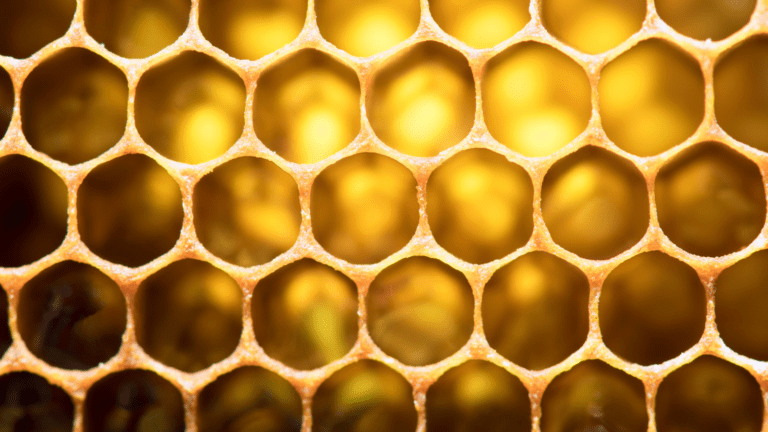Choose to Reuse this Plastic Free July

This month is Plastic Free July, an opportunity for us all to consider how we might reduce our consumption of single use plastic—as individuals, families, communities, and organisations—to combat the environmental challenge of plastic pollution.
Plastic Free July was founded in Australia by Rebecca Prince-Ruiz, and has grown to become a global movement championed by the Plastic Free Foundation, with 100 million+ participants across 190 countries.
The challenge of plastic pollution is well documented. Plastic is incredibly durable so can remain in the environment for hundreds of years before it breaks down. When it does break down, microplastics are released into ecosystems and have been found in marine organisms and even in drinking water.
This year in New Zealand, Plastic Free July coincides with the government’s second series of phase-outs of single use plastic items. From July 1, single use plastic cutlery, bowls, plates, produce bags, and straws are banned, and plastic produce labels are being phased out. Banning plastic produce bags alone will remove 150 million bags from circulation annually.
Government initiatives to ban single use is one piece of the plastic pollution solution. However, as individuals and families, there are many ways we can do our bit. The idea of completely removing single use plastic from your everyday life may feel like too big a mountain to climb, but every little bit counts.
Make the commitment to swap out one or two things initially and, once you have established that habit, add in the next item. The Plastic Free July website has a range of suggestions to get you started:
♻️ Cleaning products—swap those packaged in single use plastic for homemade options.
♻️ Coffee cups—sit at the café for your daily brew, or remember to take along your reusable cup if you need to drink on the run.
♻️ Water bottles—BYO water bottle and ditch the single use plastic options.
♻️ Shopping and produce bags—keep a stash of reusable ones by the front door so you don’t forget them when you pop to the shop.

There are also many amazing organisations providing single use plastic alternatives. The New Zealand initiative, Again Again, tackles single use takeaway food and beverage containers. They provide a range of reusable takeaway containers and cups, which customers can borrow and return using the Again Again app.
Coffee cups and lids are a key contributor to single use plastic waste—with 295 million used by Kiwis each year and one billion by Australians annually. So, the impact of implementing a reusable system shouldn’t be underestimated! Keep an eye out for a blog later this month, where we catch up with one of the Again Again founders, Nada Piatek.
Also, you can check out Glimmer’s blog from last Plastic Free July on more ideas and tips on plastic free alternatives.
Good luck in starting your journey of choosing to reuse, and to reduce your reliance on single use plastic this July. The planet and future generations will thank you for your efforts!
Sources:
Ban on more problematic plastics begins on 1 July. https://environment.govt.nz/news/ban-on-more-problematic-plastics-begins-on-1-july/
In images: plastic is forever. https://www.un.org/en/exhibits/exhibit/in-images-plastic-forever
Microplastic pollution is everywhere, but not necessarily a risk to human health. https://news.un.org/en/story/2019/08/1044661
Phasing out hard-to-recycle and single-use plastics. https://environment.govt.nz/what-government-is-doing/areas-of-work/waste/plastic-phase-out/
Plastic free July. https://www.plasticfreejuly.org/
Takeaway without the throwaway. https://www.againagain.co/
- About the Author
- Latest Posts
Gemma is a mother of two young girls and calls Aotearoa, New Zealand home. She works in marketing and sustainability, has a Master of Business in International Business, and recently completed (and highly recommends) the University of Cambridge Business Sustainability Management course. Gemma is a passionate advocate for brands, organisations and individuals prioritising sustainability to ensure our planet can thrive for future generations.







